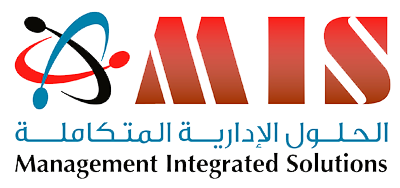Program Duration: 3 Days.
Program Objectives:
By the end of this program, participants will be able to:
• Understand the dynamic role and function of a supervisor.
• Create a dynamic team for meeting work requirement.
• Plan and organize work efficiently.
• Utilize time and delegate tasks efficiently.
• Lead and coach team members’ program outcomes.
• Conduct effective meetings for communicating work objectives to team members.
• Utilize action plans for work scheduling and planning.
• Apply problem solving techniques for solving employees’ problems.
• Deploy financial and non financial techniques for motivating and rewarding employees.
Program Contents:
The Supervisor’s Role
• Supervisors’ role in communicating work strategic priorities to employees.
• Art of communication for winning people.
• Main functions and duties of supervisors.
Planning and Organizing
• Setting SMART objectives in collaboration with team members.
• Planning and allocation of tangible and intangible resources.
• Planning and scheduling of work.
Motivating Employees
• Understanding and analyzing employees’ needs and expectations.
• Motivational guidelines.
• Motivational techniques and instruments.
Leading Employees
• Supervisor’s leadership qualities.
• Leadership styles.
• Situational leadership for achieving the required results.
Disciplining Work and Employees
• Discipline constructively.
• Performance and behavior issues.
• Role of counseling and coaching sessions in disciplining staff behavior.
Delegation of Work
• Team development and delegation.
• Types of delegated tasks.
• Art of delegation.
Training and Developing Employees
• Understanding and analyzing competencies and performance gaps.
• Developing and implementing IDP for leveraging employee’s competencies and performance outcomes.
• Coaching session’s techniques.
Program Design and Target Participants:
This program is designed for line manager, team leaders, supervisors and those who are looking for leveraging their supervisory skills.
Program Delivery Methods:
• Workshops
• Exercises.
• Role plays.
• Videos and written case studies.
